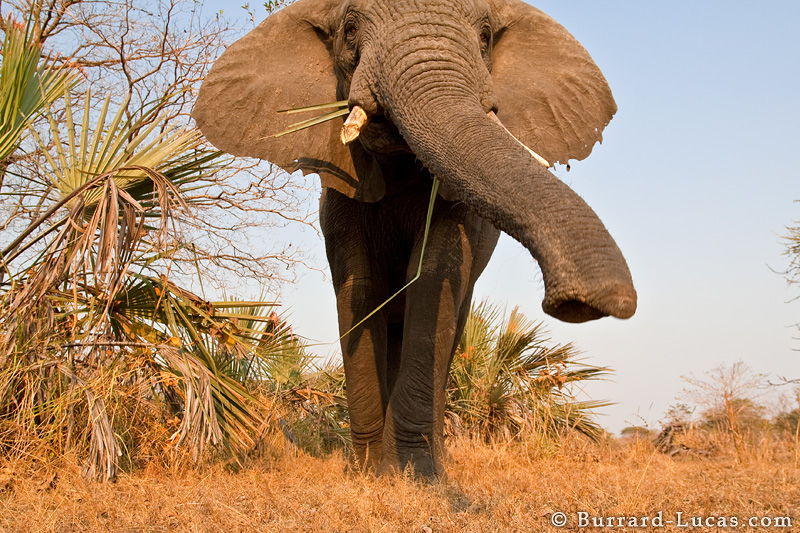

These days, sadly, it’s par for the course to hear of new additions to the list of myriad ways that irresponsible human activity is ruining planet Earth. The list is long and cruel, and although many people take these problems facing humanity very seriously, it’s hard for even the most concerned among us not to get a little numb to it all. Which is what makes the shocking nature of the findings in a paper published Friday in Science Advances so disconcerting: we are in the beginning of a sixth mass extinction of animal species on Earth, and humans are the cause.
Ecologists have long warned that we are entering a mass extinction. Science journalist Elizabeth Kolbert just won the Pulitzer Prize in nonfiction for her book titled “The Sixth Extinction”—yet this particular study, led by Gerardo Ceballos of the National Autonomous University of Mexico, is so profound because its findings are based off the most conservative extinction rates available. Many other studies in the past were criticized for overestimating the severity of the crisis. Even when using these conservative estimates, however, Ceballos and his team found that the average rate of vertebrate species loss over the last century is over 100 times greater than the normal rate of extinction, also known as the background rate. According to the paper, “The number of species that have gone extinct in the last 100 years would have taken anywhere from 800 to 10,000 years to disappear otherwise.”
The background rate of extinction that Ceballos’s team used was one that says two vertebrate species will go extinct per 10,000 species, per 100 years. Based upon this estimate, nine vertebrate species should have disappeared since 1900. In reality, 477 known species have gone extinct since then. This is a conservative estimate in and of itself, since to confidently declare a species extinct takes a significant amount of time and effort to be certain the species is actually gone. Ceballos exhorts that the evidence produced by this study is “incontrovertible” and that our global human society is without a doubt the cause. Climate change, overpopulation, income inequality, land degradation, and overexploitation of animal species have all contributed to the accelerating rates of extinction.
Some people may find it distressing, but also wonder exactly how it ultimately affects them. Haven’t there been mass extinctions before? Indeed, there have been five previous mass die-offs in Earth’s 4.5 billion year history, the most famous being that of the dinosaurs 65 million years ago. Those mass die-offs were often not selective, however, and if continued at its current rate, this one won’t be either. Though humans are the drivers of this extinction, eventually the consequences will fall on us as well. Experts purport that biodiversity and ecosystem services are worth $145 trillion globally. This includes providing medicines, crop pollination, water purification, oxygenation of the atmosphere, and countless other services we often take for granted. Ceballos notes in his paper that if the current pace of extinction is allowed to continue, humanity will be deprived of many ecological benefits within as little as three human lifetimes. This type of loss would be virtually permanent in the context of a human time scale, considering the globe took hundreds of thousands to millions of years to re-diversify after previous extinctions.
Despite all the doom and gloom, of which there is clearly plenty to go around, it’s important to note that it is possible to avoid a full-blown sixth extinction with concerted efforts to save threatened species and ease pressures on other animal populations, says Ceballos. It’s easy to list the species that have gone or are going extinct, but it’s also important to note all the species that wouldn’t exist without positive human intervention, the American bison and the bald eagle, to name a few close to home. Wolves are in Yellowstone today because of human action; it was human action that saved elephants and rhinos from wholesale slaughter in the 1970s, and 80s, and it will be human action again that will save them from the current poaching crisis. Just last week, the U.S. Fish and Wildlife service sent a stern message to poachers by crushing a ton of confiscated ivory in Times Square. Also last week, Pope Francis released an encyclical in which he laments the loss of biodiversity and calls upon the world to adopt an environmental consciousness. There is hope, but the window of opportunity is closing rapidly.
